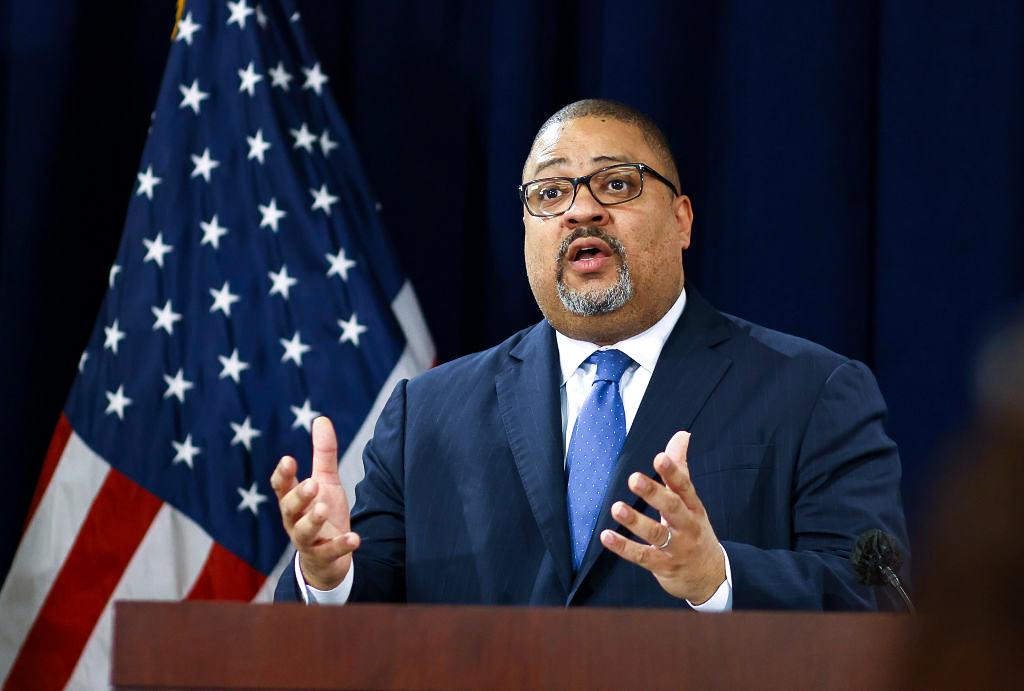The Manhattan district attorney prosecuting former President Donald Trump’s so-called hush money case said the over 170,000 documents his office recently disclosed should not warrant further delay to the trial proceeding, since only fewer than 300 of that batch are potentially relevant.
In a filing on Tuesday, Manhattan DA Alvin Bragg asked the New York Supreme Court to ignore the request from the former president’s lawyers, who said they need the next several months to carefully examine the newly disclosed materials.





